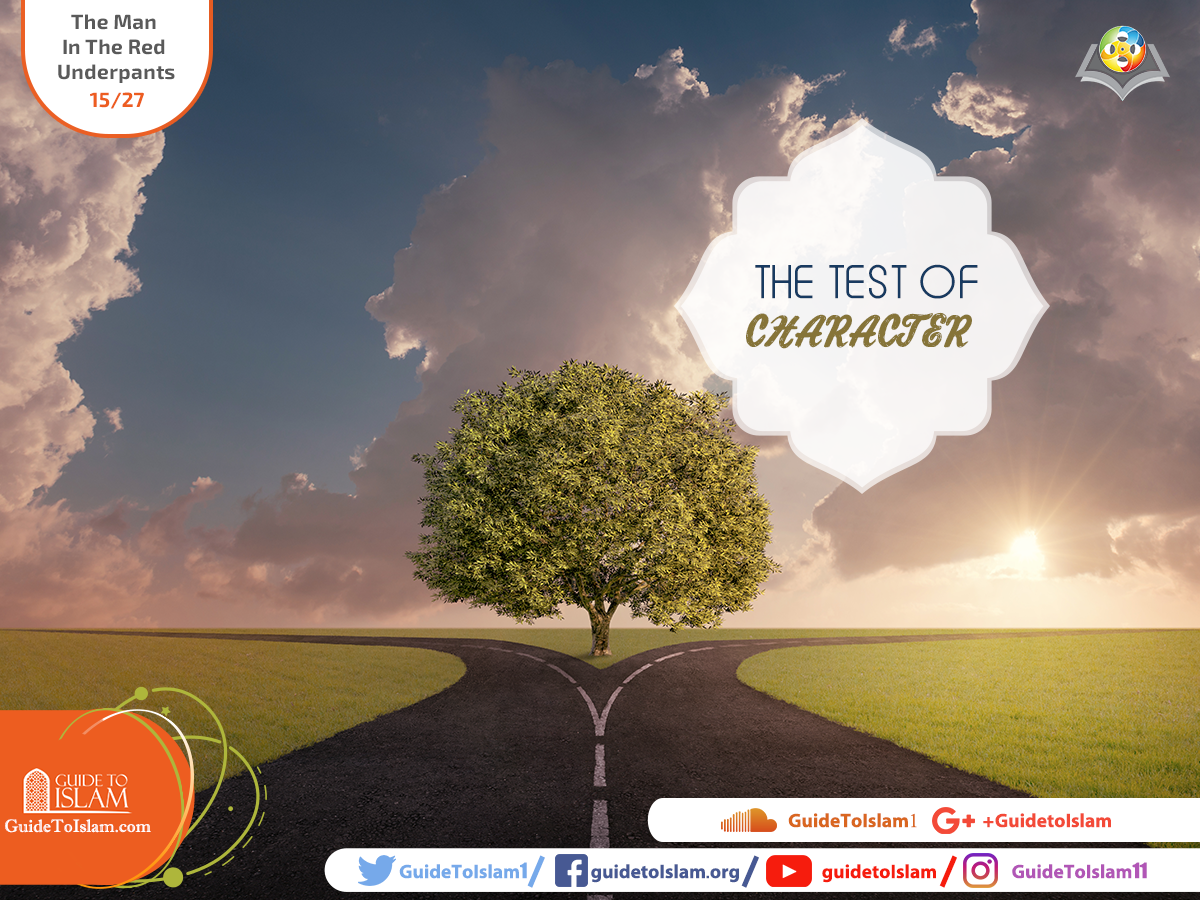The Test of Character

Here are a few other tests that one could apply.
The first is connected with the character and personality of the person making the claim. If the person claiming to have a message from the Creator is known and displays truthfulness, sincerity and honesty, it becomes easy to accept that the person is also telling the truth about the Message they are receiving from the Creator. Of course this could be countered by the claim that this person is simply deluded. They think that they are what they claim to be, and are honest and truthful, but their experiences are a product of some mental aberration or hallucination. How can we know that this is not the case?
Certainly none of us want to be conned or taken for a ride by a fraudster or end up following a madman. Of course a good fraudster will do everything in his or her power to make you think that they are sincere and truthful. They will certainly make what they have look and sound like the real thing, and they will often tempt you with an offer that seems too good to be true. The problem here is that we can easily end up back where we started. All our contenders could end up looking like pretty credible characters, but the point here of course is that we are not dealing with the actual claimants themselves. It’s not Moses, Krishna, Buddha, Zoroaster, Jesus, Mohammad or Guru Nanak knocking on our door themselves, it’s people who claim to be representing them and what they said. We have stuff said about them and written about them. So before we can examine these characters we need to have some idea about how we know what they actually said as opposed to what people have claimed that they said.
This is why the issue of scriptural authenticity is important. The problem with Zoroastrianism is that there is nothing really left of the actual writings and sayings of Zoroaster. The liturgy remains, and some ideas of the basic theology, but his actual words are more or less lost. The problems with Biblical authenticity are well known even to honest Christian and Jewish scholars. Here is an area where the Quran, the main scripture of Islam, is really outstanding. There is very little controversy over the authenticity of the Quranic text. In fact, one could pick up a copy of the Quran from any mosque anywhere in the world, and one could compare these with manuscripts dating to within thirty years after the death of the Prophet Mohammed and you would find the text unchanged except for the style of writing and certain marks placed to aid pronunciation. This is quite remarkable for a text just over 1400 years old. Not only is there an excellent record of written preservation, but the Quran has a remarkable history of oral preservation as well. Muslims claim other scriptures have been changed, lost and distorted in various ways, but the Creator (whose word the Quran is) has promised to preserve the Quran because it is the last revelation from the Creator for humanity and thus Mohammed is the final messenger. Although Muslims themselves are human and fallible, and as such do not necessarily represent the true face of the religion, the Quran, and example and teachings of the Prophet remain intact for people to be able to find out what the God’s guidance really is.

